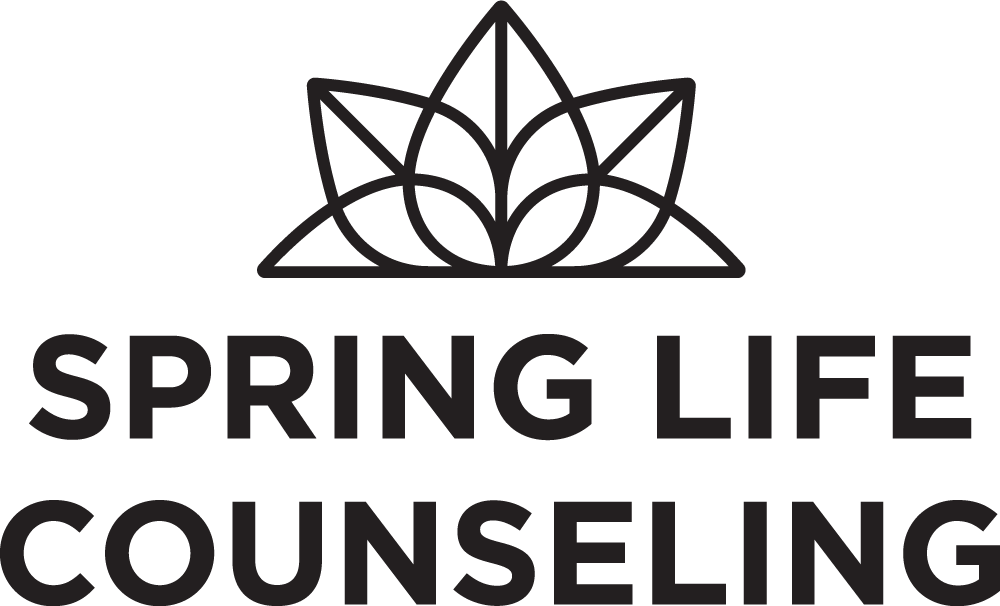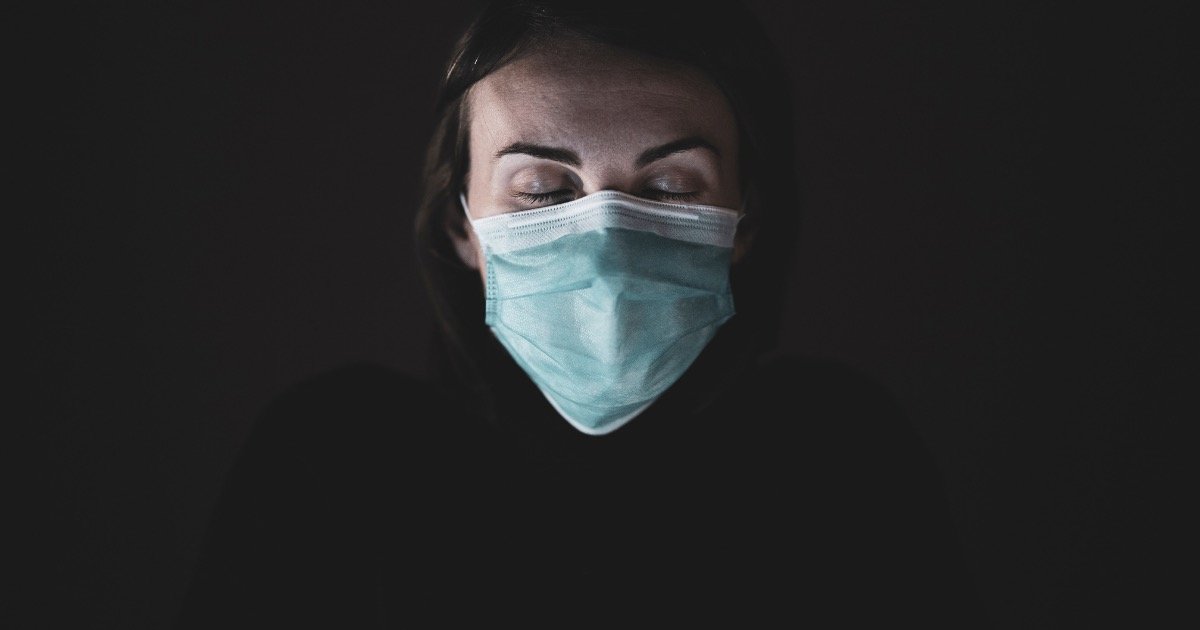Grief During the Covid-19 Pandemic
Experiencing the loss of someone dear to you is a deep heartache no matter the circumstances. Somehow it always feels that they’ve gone too soon, leaving those who loved them unsure of how to carry on.
During the pandemic, as always, a loss is a loss. All of the normal grieving processes still apply when someone dies due to Covid. Additionally though, those who grieve due to a Covid loss are experiencing some unique grief traits specific to this pandemic. These “unique to Covid” aspects of grief are making the grief process particularly difficult for those left behind.
Below are observations I’ve gathered while counseling with people who have lost loved ones to Covid 19.
Broadly I put the losses in two categories: Early Covid deaths and Mid Covid deaths.
Early Covid deaths (March 2020 until the vaccine rollout.)
Isolation at the time of death.
For those who died early on in the pandemic, it’s possible that they passed without loved ones with them (particularly if they died in a hospital). While it’s not completely uncommon for someone to die alone, in this setting, it added an element of acute helplessness and heartache for those who desired to be with their loved ones and say their final goodbyes. As I spend time with Covid grievers, this aspect has been a particularly painful theme.
Lack of funeral/grieving in community.
A funeral can be a beautiful time of showing community support and processing the loss together. Those who lost loved ones in the early stages of the pandemic had to bury their family members alone and were stripped of the opportunity to grieve with their larger network of support.
Beyond this, some have expressed feeling disloyal or like a disappointment that they were not able to give their loved one “the funeral that they deserved.” This can be painful and slows down the grief process.
Becoming a statistic.
The sheer volume of deaths related to Covid can sometimes overshadow the particularity of your loss. Yes, your loved one was one of the millions who died during the pandemic, but they were one in a million to you.
Mid Covid deaths (After a vaccination was available. Think 2021 and beyond.)
Was he/she vaccinated?
As soon as a vaccine was available, the vaccination status of those who contracted the virus and died from the virus became immediately loaded. Unfortunately, the social sentiment was often, “he/she brought it on his/herself.”
This is an extremely loaded topic and for that reason I won’t spend much time here. But people’s vaccination choices have really impacted them receiving grief support and further complicated the healing process.
I have witnessed again and again the shame, guilt and resentment that people are wrestling with over the decision not to vaccinate. To put it this clearly, it is very difficult for a loved one to process their grief when the social sentiments range this drastically, “that poor guy…he was vaccinated and everything….what a shame,” to “that guy never would go get the vaccine…what did he think was going to happen…what an idiot.”
Blame.
Wow, this is a biggie. As I’ve sat with many clients processing their Covid related grief, it has been two fold: 1) Who gave them Covid? 2) Self-blame for not intervening in some way medically.
If you had Covid and recovered, but transmitted the virus to someone who then passed, this is an unspeakable tragedy. Lots of people are facing this difficult reality. It brings up so many deeply painful questions about life and God, etc.
Secondly, people are reporting having an extremely difficult time processing the “what-ifs” left in the wake of their Covid-related loss. “What if I had taken them to the hospital sooner?” “What if I had just kept her at home instead of taking her to the hospital?” “What if I had argued for another treatment?” “What if I hadn’t argued for that treatment?” Covid killed the loved one but guilt is killing the caregiver.
Constant reminder of the cause of death.
If you had a loved one die from pancreatic cancer or a car wreck, you have the luxury of not hearing his/her cause of death not brought up literally everywhere you go. You may hear a similar story on the news or social media occasionally, but it’s not the main story everywhere you turn. It is s a constant trigger to Covid grievers who to hear the cause of death of their loved one nearly all day, every day.
Anxiety about who else will die.
Once your worst fears have been realized, the knowledge that it could happen to anyone stays with you.
Conclusions
How will “end of Covid” grief be experienced? That remains to be seen. Processing the pandemic in general will still be happening for years to come. The effects on our society, our politics, our mental health, our kids, our work-life balance, etc. are still coming into focus.
The need for Covid grief support groups is apparent, but of course, getting together in person to share can still be problematic. One on one grief counseling can be particularly helpful as you process the waves of loss. This option is available in person for those who are comfortable with that setting, or through telehealth.
For additional thoughts on grief and support, see this post of mine.

